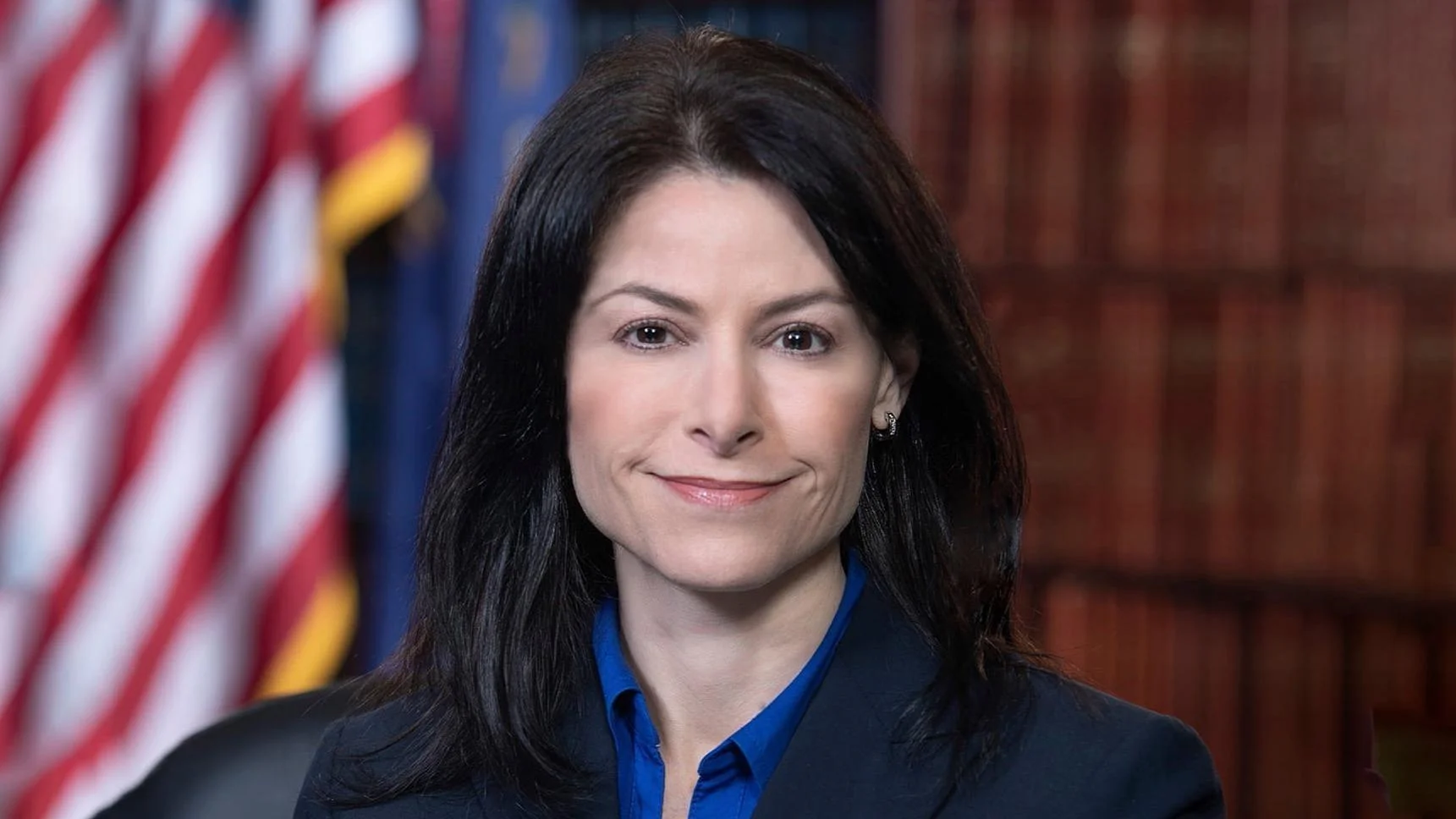Dana Nessel, Attorney General of Michigan | www.facebook.com
Dana Nessel, Attorney General of Michigan | www.facebook.com
Michigan Attorney General Dana Nessel, along with attorneys general from 22 other states and the District of Columbia, has asked the U.S. Supreme Court to review a decision by a lower court that limits individuals’ ability to enforce Section 2 of the Voting Rights Act (VRA). The group filed an amicus brief in the case Turtle Mountain Band of Chippewa Indians v. Howe, arguing that private citizens must retain the right to sue under this section to prevent racial discrimination in voting.
The VRA, passed in 1965, was designed to ensure that voting rights are not denied based on race. Section 2 specifically bars state and local governments from implementing policies that discriminate on racial grounds. For almost six decades, both private citizens and the U.S. Attorney General have been able to bring lawsuits under this provision when they believe it has been violated.
In 2022, voters and two Native American tribes challenged North Dakota’s legislative map under Section 2, claiming it diluted Native American votes. A district court agreed with them, but the Eighth Circuit Court of Appeals later reversed this decision. The appellate court ruled that only the U.S. Attorney General could file such lawsuits, ending private enforcement of Section 2 in seven states within its jurisdiction. This interpretation is unique among federal circuits.
Following a request from plaintiffs, the Supreme Court temporarily blocked implementation of the Eighth Circuit’s ruling while considering whether to take up the case. The amicus brief led by Nessel supports hearing the case and overturning the lower court’s decision.
“If individuals are stripped of their ability to enforce the Voting Rights Act, everyday Americans will have little control in protecting their own right to vote,” Nessel said. “Relying only on the U.S. Attorney General to bring these cases puts communities at the mercy of political officials, and I urge the Supreme Court to review this decision to preserve the fundamental protections of our democracy.”
According to data cited in the brief, more than 90% of Section 2 challenges between 1982 and 2024 were brought by private parties—1,379 out of 1,519 cases—while only about 7.5%, or 114 cases, were filed independently by the U.S. Attorney General during that period. The coalition argues that exclusive reliance on federal authorities would be inadequate due to limited resources for monitoring and litigating voting rights violations nationwide.
Attorneys general joining Nessel include those from Arizona, California, Colorado, Connecticut, Delaware, Hawai’i, Illinois, Maine, Maryland, Massachusetts, Minnesota, Nevada, New Jersey, New Mexico, New York, North Carolina, Oregon, Rhode Island, Vermont, Washington and Wisconsin.






 Alerts Sign-up
Alerts Sign-up